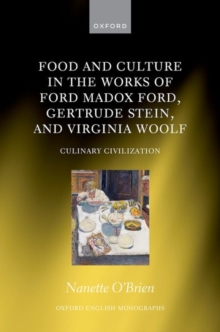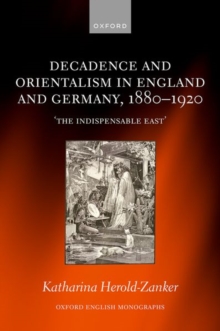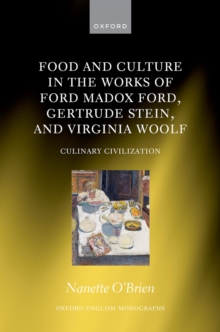
Description
Why does Catholicism have such an imaginative hold on Shakespearean drama, even though the on-going Reformation outlawed its practice?
Shakespeare's Unreformed Fictions contends that the answers to this question are theatrical rather than strictly theological.
Avoiding biographical speculation, this book concentrates on dramatic impact, and thoroughly integrates new literary analysis with fresh historical research. In exploring the dramaturgical variety of the 'Catholic' content of Shakespeare's plays, Gillian Woods argues that habits, idioms, images, and ideas lose their denominational clarity when translated into dramatic fiction: they are awkwardly 'unreformed' rather than doctrinally Catholic.
Providing nuanced readings of generically diverse plays, this book emphasises the creative function of such unreformed material, which Shakespeare uses to pose questions about the relationship between self andother.
A wealth of contextual evidence is studied, including catechisms, homilies, religious polemics, news quartos, and non-Shakespearean drama, to highlight how early modern Catholicism variously provoked nostalgia, faith, conversion, humour, fear, and hatred.
This book argues that Shakespeareexploits these contradictory attitudes to frame ethical problems, creating fictional plays that consciously engage audiences in the difficult leaps of faith required by both theatre and theology.
By recognizing the playfulness of Shakespeare's unreformed fictions, this book offers a different perspective on the interactions between post-Reformation religion and the theatre, and an alternative angle on Shakespeare's interrogation of the scope of dramatic fiction.
Information
-
Download - Immediately Available
- Format:PDF
- Publisher:OUP Oxford
- Publication Date:20/06/2013
- Category:
- ISBN:9780191650970
Information
-
Download - Immediately Available
- Format:PDF
- Publisher:OUP Oxford
- Publication Date:20/06/2013
- Category:
- ISBN:9780191650970










